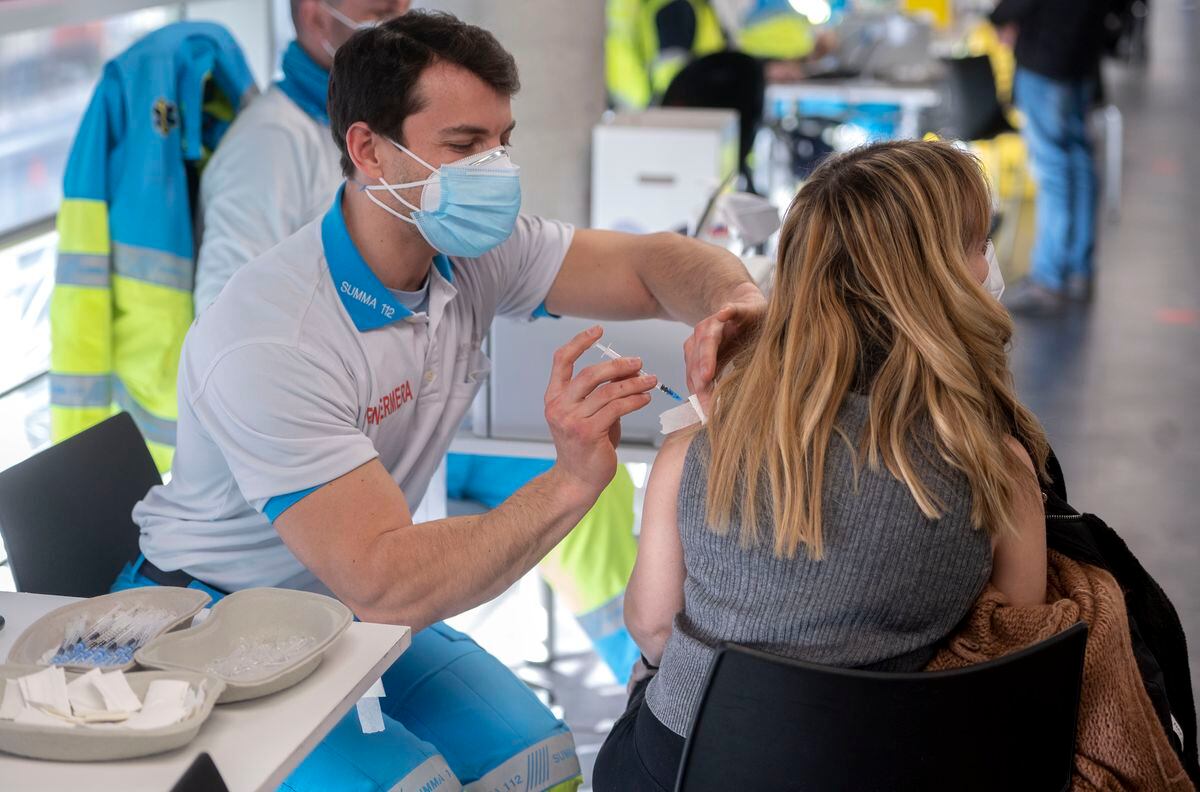The creators of the Russian Sputnik vaccine claim “strong protection” against omicron
The Russian Direct Investment Fund (FIDR), which markets the Russian anticovid Sputnik V vaccine, defended this Thursday the combination of immunizing products to curb the coronavirus pandemic worldwide and assured that the Russian preparation is twice as effective as other analogues against the omicron variant. “We hope that the omicron variant will become the beginning of the end of the pandemic, but there are risks of new mutations, and in the face of these risks, in the face of future pandemics (…) we must remember that our future lies in the combination of various vaccines,” FIDR President Kiril Dmitriev told a teleconference. The FIDR presented a comparative study carried out by the Italian Spallanzani Institute, specialized in contagious diseases, in which Russian and Italian researchers participated, and which showed that Sputnik V is more efficient than Pfizer compared to the omicron variant. Sputnik V “generates more than twice as many antibodies against the omicron variant as two doses of the Pfizer vaccine, 2.1 times more in total, and 2.6 times more three months after vaccination,” according to a statement. The study showed that under the same conditions of high levels of antibodies generated by both vaccines, 100% of those inoculated with Sputnik V neutralized the omicron, against 83.3% of those vaccinated with Pfizer. In the tests carried out with sera, 74.2% of the samples vaccinated with Sputnik V neutralized this variant, compared to 56.9% of those inoculated with Pfizer.
The Russian vaccine has not yet been approved by the World Health Organization (WHO). In Latin America, Argentina was at the end of 2020 the first country to homologate Sputnik V, a vaccine already approved by 69 nations that is also applied in Mexico, Guatemala, Venezuela and Bolivia, among others. The statements of the creators of Sputnik come when the city of Moscow registered this Thursday a record of new cases of coronavirus in the last 24 hours, with 11,557 infections. (Agencies)
–


